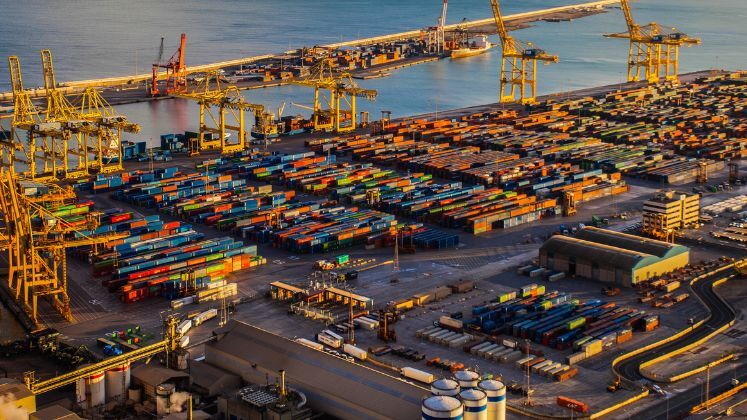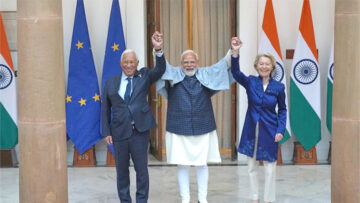The Chattogram Port Authority (CPA) has confirmed it will enforce a significant tariff increase starting 15th October, raising port usage charges and service fees by an average of 41%, despite ongoing concerns from the country’s business and export sectors.
The updated rates, formalised through a CPA circular signed by Chief Finance and Accounts Officer Mohammad Abdus Shakur, will be applicable to all incoming ships, containers, and cargo at the port.
The new tariff structure, CPA’s first major revision in nearly four decades, had been temporarily suspended following intervention from Shipping Adviser Brigadier General (Retd) M Sakhawat Hossain. The adviser postponed the hike by one month after intense resistance from trade bodies and port users.
CPA Secretary Md Omar Faruk confirmed the decision to resume implementation, stating that charges under the revised structure would take effect after midnight on 14 October.
The most notable changes will affect container handling and vessel-related services. For example, the handling fee for a standard 20-foot container will increase from Taka 11,849 to Taka 16,243—an increase of around 37%. Import container charges are set to rise by Taka 5,720, while export container handling will cost an additional Taka 3,045.
General cargo fees will also see hikes, with the tariff per kilogram increasing from 35 paisa to 49 paisa. Vessel waiting charges are expected to rise dramatically, with penalties ranging from 100% to 900% based on the duration of delay beyond the scheduled berthing time.
Other service charges include:
Pilotage fees up to US $ 800 per vessel, Tug assistance up to US $ 6,830 per ship, Container handling costs overall are set to rise between 25% and 50%.
Industry leaders warn the steep increases could have a damaging effect on Bangladesh’s trade, especially the ready-made garments sector which relies heavily on port efficiency and cost predictability.
Mohammad Abdus Salam, Managing Director of Asian Group, questioned the timing of the hike: “We consider the port a partner in trade. If our export volume drops due to increased costs, the port will also suffer. This decision should be reconsidered to protect export competitiveness.”
Md M Mohiuddin Chowdhury of Clifton Group added: “The increased costs will inevitably be passed on to consumers and international buyers, impacting both local inflation and global market share for Bangladeshi products.”
Tanjil Ahmed Ruhullah, Director of the Bangladesh Shipping Agents Association, criticised the lack of consultation and abrupt rollout: “Such sudden enforcement creates uncertainty. Global contracts are often dollar-denominated and fixed in advance, making mid-cycle cost hikes extremely difficult to manage.”
The association is calling for a phased implementation to avoid shocks to trade operations and maintain Bangladesh’s standing in regional logistics.
The CPA’s decision follows a review of tariffs across 17 international ports, including 10 in Asia, with Spanish consultancy firm Idom advising on the rate adjustment. The authority stated that only 23 out of its 52 service categories are being revised, and the increases align Bangladesh’s port charges with global standards.
Despite this rationale, business groups argue that a 10%-15% increase would have been more reasonable, and that the government should have balanced infrastructure needs with export sector viability.
Chattogram Port handles 92% of Bangladesh’s seaborne trade and 98% of container throughput. In 2024, the port processed 3.27 million TEUs (twenty-foot equivalent units), up from 3.05 million in 2023.







